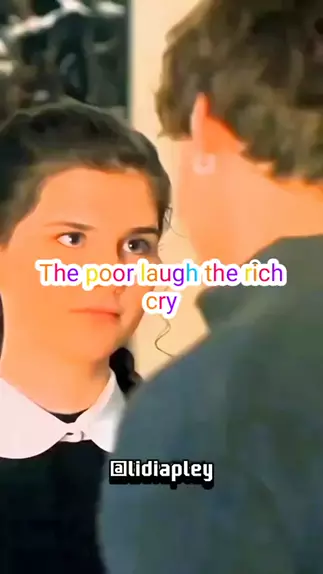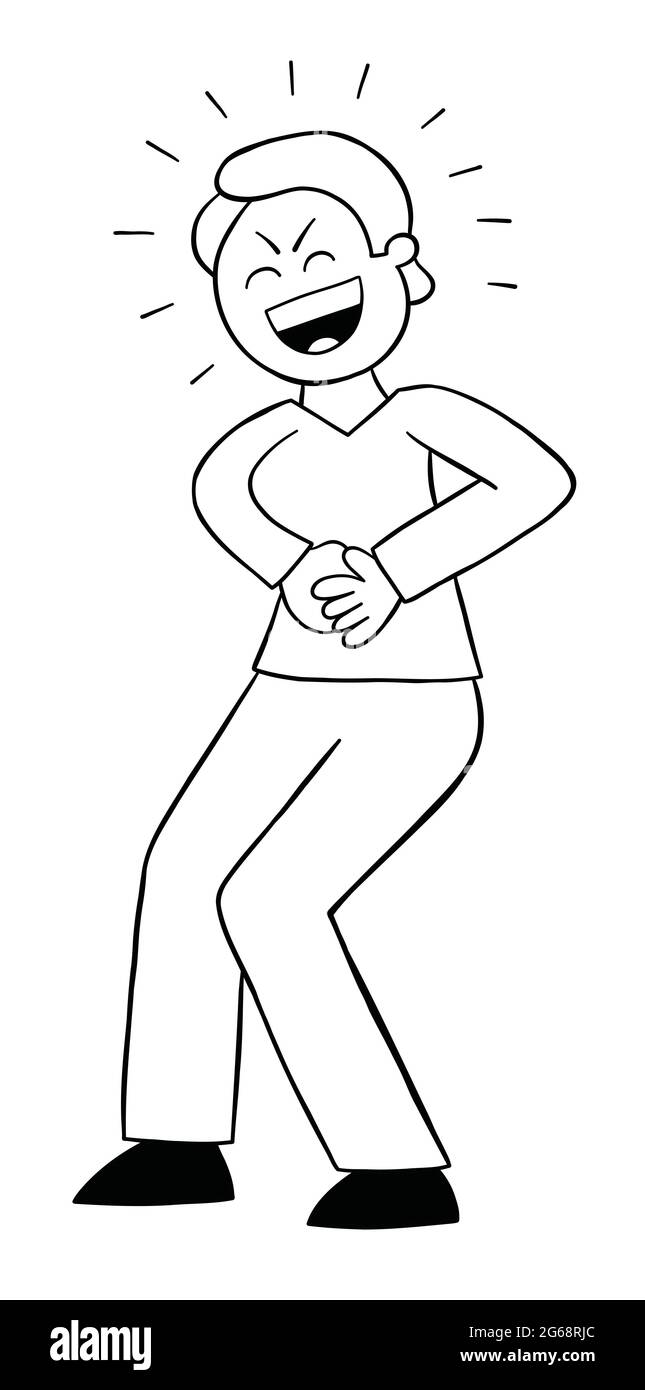What does it mean when the poor laugh and the rich cry? Is this merely a reflection of societal disparity or a deeper commentary on human nature? A bold statement can be made here: laughter often serves as a coping mechanism for those who have little else to rely on, while tears may stem from the weight of privilege. This paradox is not new; it echoes through history, culture, and scripture, challenging us to reconsider our perceptions of wealth, poverty, and happiness.
The dichotomy between laughing in adversity and crying amidst abundance is vividly captured in Luke 6:25, where Jesus proclaims, Woe to you who are well fed now, for you will hunger. Woe to you who laugh now, for you will mourn and weep. These words resonate with a timeless truth about the transient nature of material riches. Wealth does not guarantee contentment, nor does poverty preclude joy. The notion that one might prefer to cry in luxury rather than laugh in deprivation raises questions about what truly fulfills the human spirit. It suggests that external circumstances do not define inner peace but instead highlight the complexities of emotional resilience.
| Personal Information | Details |
|---|---|
| Name | Katya |
| Place of Origin | Russia |
| Occupation | Housekeeper turned Estate Worker |
| Key Event | Accidentally secures job at Rublyovka estate |
| Career Highlight | Exposure to elite world's rules and intrigues |
| Reference Website | Simkl |
Humor has long been recognized as a tool used by marginalized communities to navigate hardship. In many cultures, particularly among black populations historically subjected to systemic oppression, laughter functions as both resistance and survival. Consider how Uncle Remus tales feature Br'er Rabbit outsmarting adversaries—a metaphorical representation of cunning triumph over brute force. Similarly, Jesus Christ employed exaggeration and wit to drive home profound lessons. For instance, His remark regarding blind guides straining gnats yet swallowing camels (Matthew 23:24) or addressing hypocrites with planks in their eyes (Matthew 7:4) demonstrates an effective use of humor to underscore moral truths.
Yet, the relationship between wealth and emotion remains nuanced. Modern narratives frequently depict affluent individuals grappling with existential crises despite their opulence. Take, for example, young adults earning substantial salaries who still depend on financially secure parents. Their laughter stems not solely from personal achievement but also from familial support systems buffering them against life's uncertainties. Meanwhile, others less fortunate find solace in shared meals and communal bonds, proving that richness extends beyond monetary measures.
In contemporary society, discussions around economic inequality often overlook emotional dimensions tied to class distinctions. Spirituality nights held within intentional communities offer glimpses into alternative lifestyles emphasizing authenticity and connection over accumulation. Such gatherings foster environments where participants openly express vulnerability, whether through laughter during lighthearted moments or tears during reflective ones. One Jesuit Volunteer in Raleigh, North Carolina, exemplifies this dynamic when she finds herself moved to tears surrounded by supportive peers.
Entertainment media further explores these themes through series like The Poor Laugh, The Rich Cry, which follows protagonist Katya as she infiltrates high-society circles. Her journey reveals stark contrasts between worlds governed by different sets of values and priorities. While her initial entry into this realm appears accidental, it ultimately provides insight into power structures underpinning social hierarchies.
Ultimately, understanding the interplay between material status and emotional states requires acknowledging multiple perspectives. Both laughter and tears serve essential roles in shaping individual experiences across varying socioeconomic backgrounds. As Youngmi Mayer humorously muses in her book titled I'm Laughing Because I'm Crying, self-perception plays a critical role in determining whether one identifies as rich or poor, fat or skinny, masculine or feminine. These labels matter less than recognizing universal human desires for belonging, purpose, and fulfillment.
Thus, the saying I would rather cry in a BMW encapsulates more than mere preference—it challenges conventional wisdom surrounding happiness and success. By examining biblical teachings, cultural expressions, and modern interpretations, we gain valuable insights into why some choose laughter amid hardship while others opt for tears encased in luxury. Perhaps the key lies not in avoiding sorrow altogether but learning to embrace all facets of life with grace and gratitude.



